
Recently, U.S. officials have sounded the alarm over a serious new threat to American livestock linked to imports from Mexico. The New World screwworm is a flesh-eating parasite that was recently found in southern Mexico. This parasite poses a significant danger to cattle, horses, and wildlife, potentially devastating herds and disrupting the beef supply chain.
Agriculture Secretary Brooke Rollins has warned that the U.S. could restrict imports of live cattle, bison, and horses unless Mexico acts quickly. This discovery has sent shockwaves through the agricultural industry as authorities scramble to contain the threat and prevent a potential outbreak.
The Screwworm’s Menace
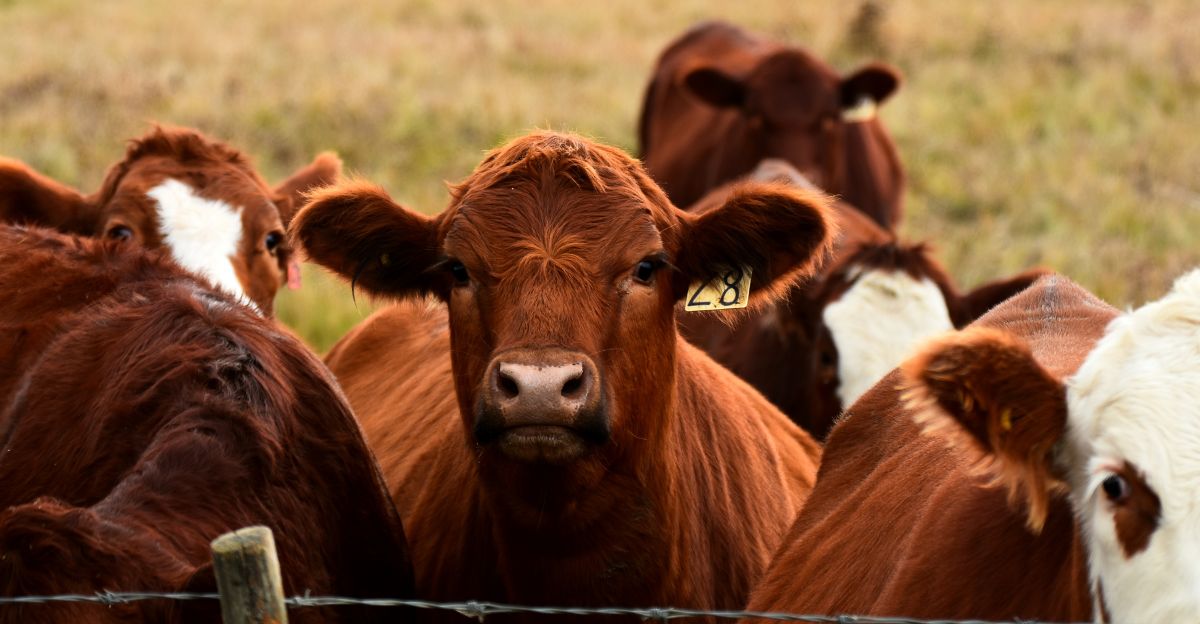
The New World screwworm fly is a deadly parasite that lays its eggs in open wounds of warm-blooded animals, where its larvae feed on living tissue. If left untreated, these infestations can be lethal. Although the U.S. eradicated the screwworm in 1966, the risk of reintroduction is ever-present.
The recent outbreaks in southern Mexico are concerning, as these pests can spread quickly across borders. The parasite not only threatens livestock but also wildlife and, in rare cases, humans. The outbreak has prompted immediate action and heightened surveillance at the U.S.-Mexico border to protect American agriculture.
Trade Under Threat

The U.S. relies heavily on cattle imports from Mexico, with over one million individual animals crossing the border each year. The outbreak has led to temporary trade suspensions, disrupting longstanding supply chains. In November, imports were paused after the parasite was detected in Chiapas, Mexico.
Although trade resumed in February with enhanced health protocols, the threat remains. Further restrictions could significantly impact U.S. beef supplies, which are already under pressure due to droughts and reduced herds. Industry leaders have warned that extended disruptions in trade could lead to higher beef prices, which would affect producers and consumers across America.
Diplomatic Friction
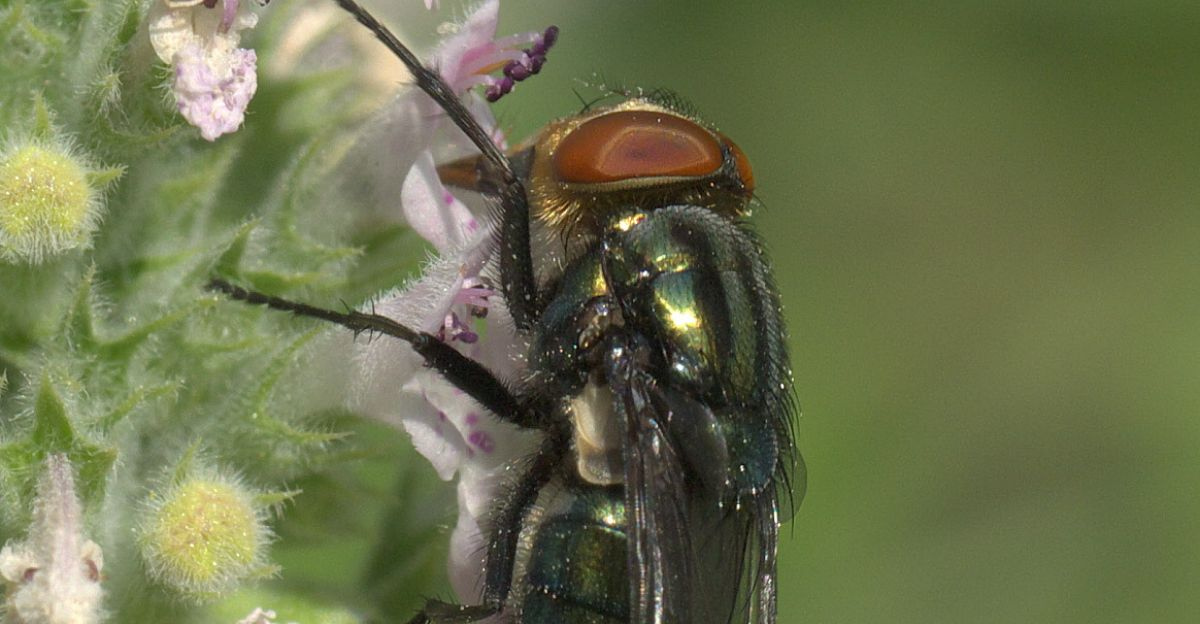
Tensions between the U.S. and Mexico have risen as both countries struggle to control the screwworm outbreak. American officials have criticized Mexico for bureaucratic delays, including limiting aerial spraying and imposing customs duties on essential equipment.
These setbacks have delayed efforts to eliminate the pest, allowing it to spread. Secretary Rollins has given Mexico an ultimatum, stating that unless Mexico acts by April 30, the U.S. will impose strict import restrictions. The diplomatic standoff shows the urgency of the situation, with both nations facing increasing pressure to work together to find a collaborative solution before the parasite spreads further north.
Science of Control
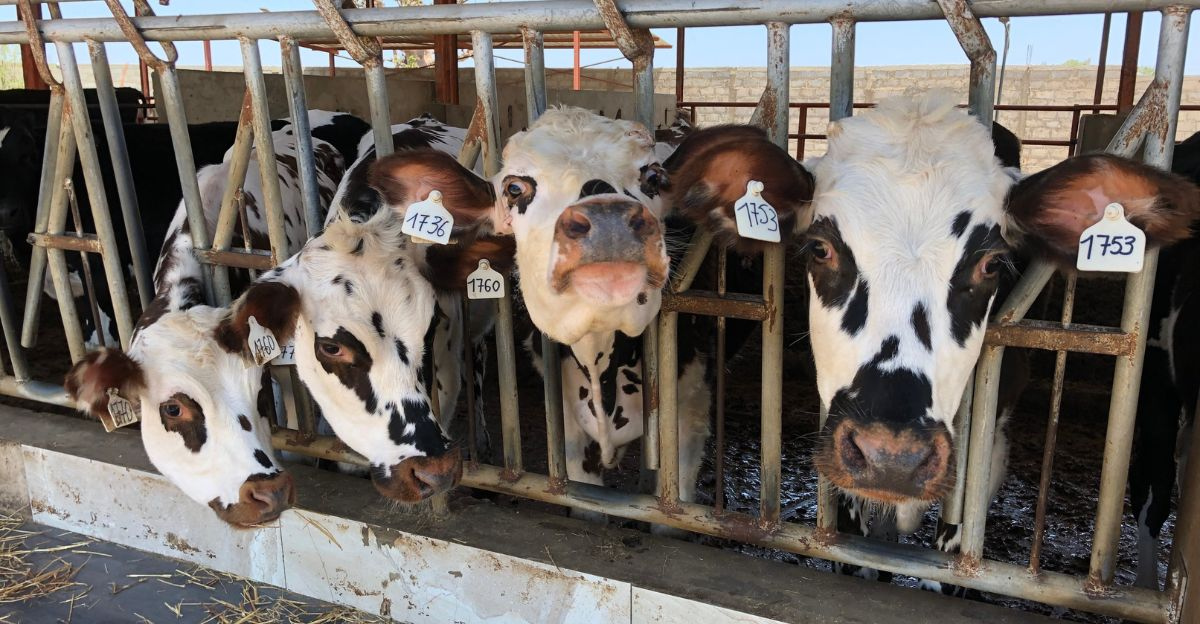
In order to combat the screwworm, the U.S. and Mexico have relied on the sterile insect technique, releasing millions of sterile male flies to disrupt breeding. However, recent bureaucratic obstacles in Mexico have slowed down these operations.
U.S. officials argue that daily releases of these sterile flies are essential for effective control, but logistical and regulatory barriers have limited their impact. Restoring full sterile insect operations is extremely important to stop the screwworm’s infestation. Scientists have warned that interruptions in these efforts can allow the pest to spread to new regions, threatening the entire North American livestock industry.
Economic Consequences
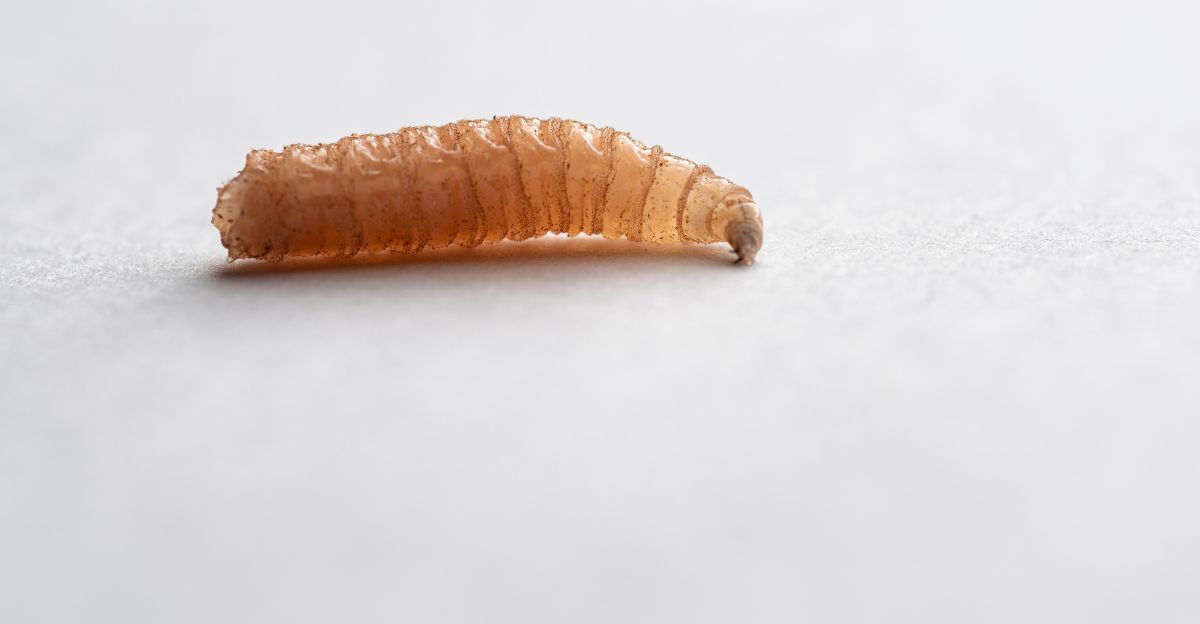
The screwworm infestation comes at a tough time. Due to droughts and market pressures, U.S. cattle herds are at their lowest point in decades. A prolonged halt in Mexican imports could significantly cut U.S. cattle supplies. Feedlots in states like Texas and Arizona, which heavily rely on cattle from Mexico, would be heavily impacted.
Shortages could drive beef prices even higher for American consumers. The economic fallout would extend across the supply chain, affecting ranchers, meat processors, and retailers, showing the interconnectedness of North American agricultural markets and the urgency of swift action.
7 Industry Voices Unite
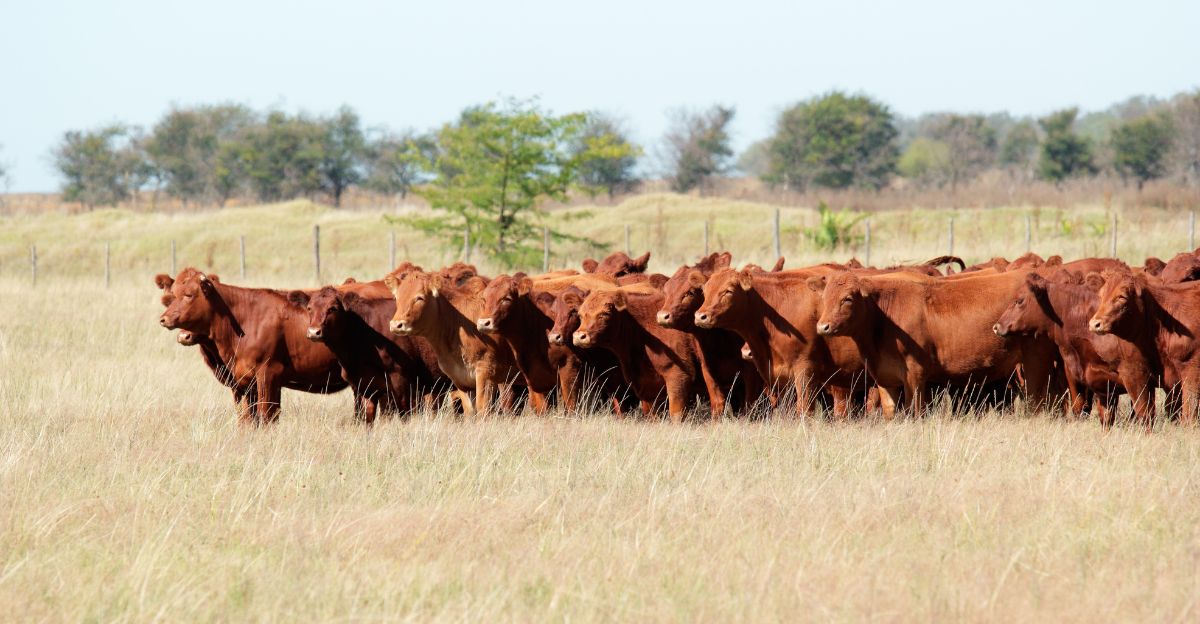
Ranchers and industry leaders across America are concerned about the screwworm outbreak. Buck Wehrbein, president of the National Cattlemen’s Beef Association, has emphasized the need for immediate, coordinated action between the U.S. and Mexico.
Wehrbein warned that bureaucratic delays only give the screwworm more time to spread, putting livestock and livelihoods at greater risk. Ranchers on both sides of the border have agreed that eradicating the screwworm is a shared priority. They are urging governments to cut red tape, increase cooperation, and invest in proven control methods to protect the cattle industry and ensure food security for millions of people.
Steps Toward Resolution
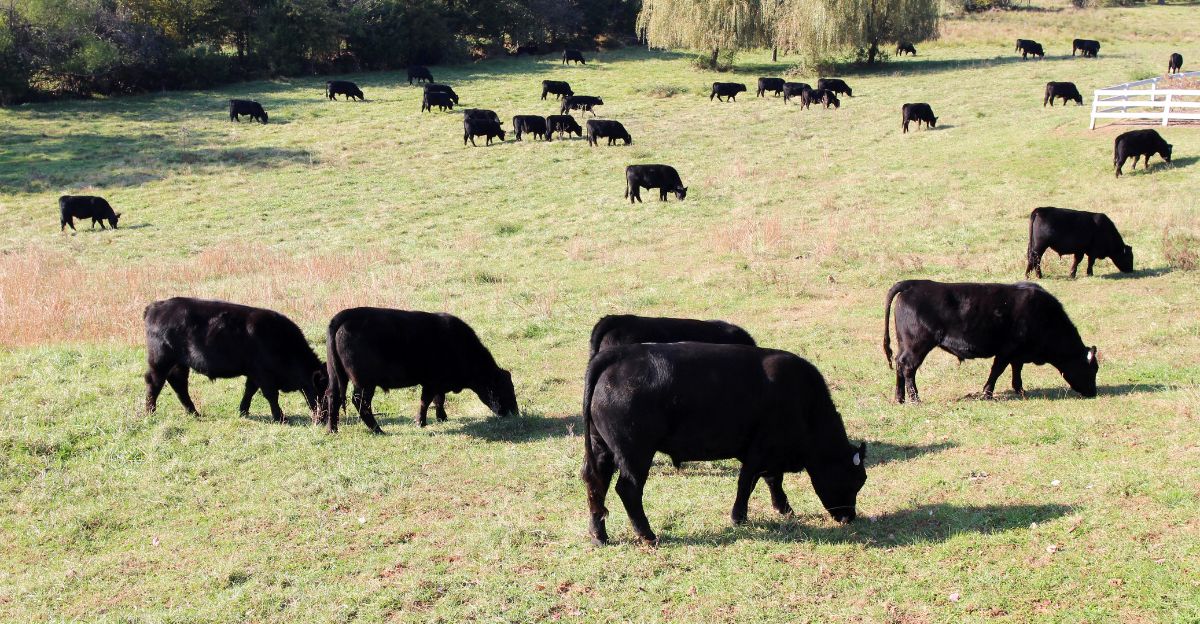
After negotiations, Mexico has agreed to resume its full sterile fly operations. Both nations are now working together to strengthen border protocols, enhance surveillance, and streamline eradication efforts. This renewed collaboration is a positive step forward, but experts warn that ongoing vigilance is essential to prevent future outbreaks.
Continued collaboration, transparent communication, and rapid response are all very important to successfully stop the spread of these harmful pests. The agreement shows that cross-border threats need shared solutions, and both countries are committed to protecting livestock and keeping agricultural trade stable.
Lessons Learned
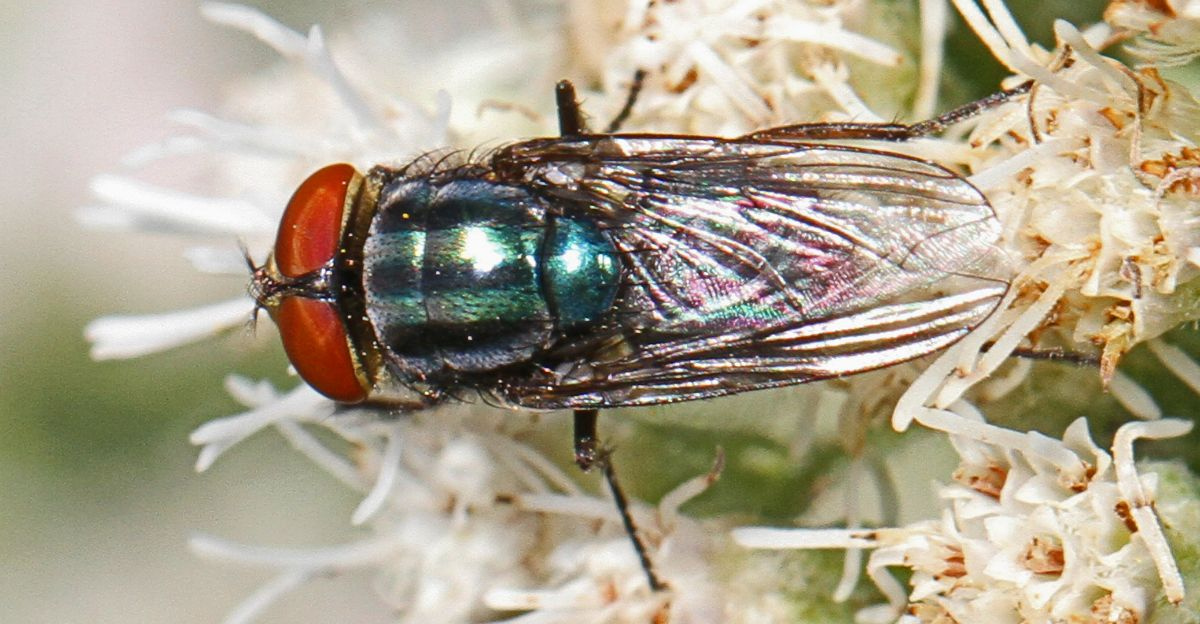
The screwworm outbreak shows the challenges of controlling animal health threats in a globalized world. Increased trade, climate change, and wildlife migrations contribute to the spread of harmful pests and diseases. This crisis highlights the importance of international cooperation, investment in surveillance, and preparedness for emerging threats.
The lessons learned from the screwworm infestation response can help develop better ways to protect food and farming in the future. Officials and scientists agree that taking early action and working together is essential to keep North American agriculture safe.
Vigilance for the Future
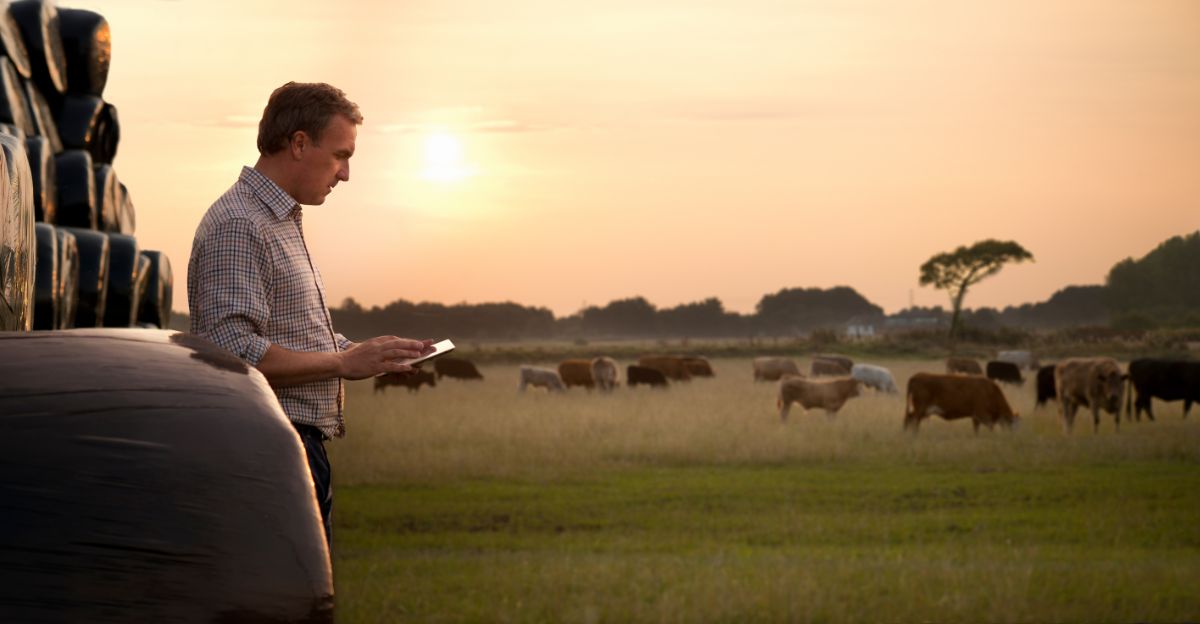
With new measures in place, the U.S. and Mexico are still on high alert. The recent agreement is a positive step forward, but the threat is not over yet. Ongoing surveillance, rapid response, and scientific innovation are extremely important to prevent any future outbreaks.
For ranchers, officials, and consumers, the screwworm crisis is a reminder of vulnerabilities in global food systems and the importance of international cooperation. by staying alert and working together, both nations can protect livestock, ensure food security, and prepare for future.
Explore more of our trending stories and hit Follow to keep them coming to your feed!

Don’t miss out on more stories like this! Hit the Follow button at the top of this article to stay updated with the latest news. Share your thoughts in the comments—we’d love to hear from you!







